|
Recently I was first-world-problems moaning about the deluge of emails from individuals and organisations offering to fill my apparently endless lockdown free time. Now it’s people shouting their condemnation of the murder of George Floyd and either flaunting their antiracist credentials or vowing to do better. My immediate reaction was: does it need to be said? On the one hand, if you’re sitting in my inbox, abhorrence should be your default setting. On the other, white people’s silence could be taken as support for the status quo.
|
|
Because some people genuinely believe that a reasonable response to #BlackLivesMatter is the platitude #AllLivesMatter. Duh? You might just as well say that the sun matters, the sky matters, something beyond comment until it disappears or falls on our heads. Having suffered enough rage to last a lifetime from my government’s mismanagement of pandemic, I tried not to engage with this when I saw it trending earlier this week on Twitter but then a blog post by a friend of a friend made me pause. Do I have a responsibility to understand?
|
Racism is a form of projection: of seeing in others a fault that belongs to us. (And we white liberals have corresponding planks in our own eyes: projecting our racism onto racists, as if that lets us off the hook.) Projection is part of being human, but that doesn’t make it moral.
|
We’re more prone to projecting if we feel less secure in ourselves. If we feel deprived of what we need, we envy – and then despise – those who seem to have it, even if – on average – those people have less. So some white people respond to the attention given to injustice suffered by black communities by bleating about injustice they’ve experienced themselves. |
The current situation takes me back to being five years old, bereft because, on breaking up for Christmas, the school caretaker gave a selection box – a few chocolate bars packaged in cardboard with a game on the back that was a genuine treat for 60s kids– to a couple of infants who lived in a children’s home. It didn’t occur to me that this gift was small compensation for their lack of family; they had chocolate, I didn’t. (Except that in one hazy memory of this story, I hung back with these kids – who weren’t even my friends – and helped them guzzle it on the walk home.)
If I’d been punished for my selfishness back then, would I have behaved better? Probably not, just as adults shamed for screaming #AllLivesMatter are unlikely to change. Not unless their inner grievance is heard. Perhaps they’ve tried and no-one’s listened. Perhaps the hurt is so deeply buried they can’t put it into words. Perhaps that was the situation for five-year-old Anne, as it took me another four decades to realise that my upbringing – albeit several steps up from a children’s home – didn’t give me what I needed to grow up secure.
|
As outlined in my post Writing isms: would you risk causing offence in your fiction?, my character Steve in Underneath, expresses racist attitudes as a child in an unconscious attempt to plug the hole left by his absent father. Buried envy characterises his friendship with a Sikh boy with whom he often plays when his mother is at work in the doctor’s surgery downstairs. Unable to bear that Jaswinder has a father and he doesn’t, Steve is cruel to his baby sister and denigrates the culture, albeit in safety of his mind (p167):
|
Our untold stories deserve an audience but, the thing is, this isn’t the time. As for a child with a brother or sister with a disability, others’ needs have to be prioritised right now. It’s painful, even if there’s a loving parent/friend who can take them aside and tell them they’ll just have to wait. To gently point out that #AllLivesMatter equates to business as usual, which means those who are already privileged get the biggest piece of cake.
Privileged? If you’re poor, undereducated and underemployed, you won’t feel particularly privileged that your identity’s wrapped up in white skin. But, hang on, those problems aren’t going to be resolved by denigrating other unfortunates. In fact, justice for people of colour will benefit everyone, because #AllLivesMatter, right? Some people are duped into being used as a pawn of right-wing politicians who will line their own pockets by stoking divisions between different categories of poor.
|
Those whites who feel diminished by the spotlight on institutional racism might benefit from therapy where their hurt can finally receive the attention it deserves. From political action – either on the streets or at the polling booth – instead of electing governments that widen the gap between rich and poor. By learning the difference between misfortune and injustice: shit happens to all of us, but not everyone lives in constant fear of attack simply for the colour of their skin.
|
As I wrote last week, I think the British media shifting attention from #BlackLivesMatter last Thursday with a headline about the identification of a suspect for the abduction of a four-year-old from a Portuguese holiday resort thirteen years ago, is part of the problem. Awful as it is, losing a child is a misfortune (although if the parents had been black they’d have been castigated for leaving their children unsupervised); police murder for the crime of being black is unjust.
But I ought not to single out one set of parents for drawing on all the resources available to them to fight for their child. It simply demonstrates why we need a fairer system. Will we get one? For the first time in years, I feel hopeful, and proud of my country in a way I haven’t experienced since the magnificent opening ceremony of the London Olympics.
|
With my concerns about premature lockdown easing, I was anxious initially when the #BlackLivesMatter protests migrated from the US to the UK. But, although too timid and/or selfish to join them, even in the time of covid, I support those who have took to the streets. Because, while the pandemic is misfortune – albeit one from which right-wing governments have created injustice – we need to wake up to the injustice in the legacy of slavery in the UK.
|
Well, that cheered me up for a day, until the media – whose primary task is to stir up conflict to boost their audience, not to bring about world peace – rolled out the usual racists. But lovely to watch a couple of smart and articulate women giving him what for.
"The only thing Nigel Farage is an expert on is his backside because every word out of his mouth stinks" I don't hold back as this #WhiteSupremacist spews rubbish
— Dr Shola Mos-Shogbamimu (@SholaMos1) June 9, 2020
.@KateWilliamsme & I respond to his utter lie that #BlackLivesMatter is Far Left/Marxist to defund Police on #GMB pic.twitter.com/vJr8zVU6kE
But the story wasn’t over. Protests in Oxford on Tuesday about the statue of Cecil Rhodes were followed by the removal of the statue of Robert Milligan from London’s Docklands by council workers in high viz vests on Wednesday:
Lord Sainsbury, who owns the chain, has been blamed for the removal of the slave trader statue https://t.co/VA0agH5B0v
— Evening Standard (@standardnews) June 10, 2020
That’s all well and good, but where does that leave me and my email newsletter? Rightly or wrongly, I’ve decided to keep my politics and rage within the boundaries of Twitter and Annecdotal, and stick to fiction in my author newsletter that’s gone out today. I thought that would mean no reference to current events – as I thought a bland Isn’t it terrible, now let’s talk about my books! – until I realised I could recommend some novels about the transatlantic slave trade and its legacy, and let the authors, and my reviews, do the talking! These are the five I picked:
The Nickel Boys by Colson Whitehead is a harrowing story of black lives wasted in a brutal reform school in 1960’s Florida, with a surprise ending that packs an emotional punch.
On Africa’s Gold Coast in the mid eighteenth century, a woman gives birth to twin daughters. Homegoing by Yaa Gyasi follows the fortunes of these two girls and their families across the next six generations to paint a compassionate portrait of black history, both in West Africa and in America, a story of fractured families, intergroup conflict, religion, slavery, the use and abuse of power and the human determination to survive.
Esi Edugyan’s Man Booker Prize shortlisted Washington Black, is a page-turning adventure story of a boy’s journey from the brutal sugarcane plantations of Barbados to the icy wastes of the Arctic to London’s first aquarium and the Moroccan desert, embracing science and innovation as well as the horrors of slavery.
In The Confessions of Frannie Langton by Sara Collins, we meet two women damaged by slavery: the eponymous house slave Frannie, tried for murder, and a wealthy white woman, Marguerite, who takes a peripheral interest in the emancipation movement, while her husband argues not for abolition, but reform.
In The Evening Road by Laird Hunt, the last in a trilogy of novels exploring US history from a neglected perspective, three spirited women take to the road on a hot day in 1930s America, when a lynching is about to take place.
In addition, my newsletter features forthcoming novels from two author subscribers, an extension to the competition to win a signed copy of my next novel, plus, because June is PRIDE month and I have stock going nowhere fast, I’m offering a copy of my debut novel to a friend or relative of three lucky newsletter subscribers. Why not sign up now?
I began drafting this post on Monday, and now it’s Friday and history’s moved on! Edward Colston has been fished out of Bristol Harbour and Twitter is divided between those who think the #worldsgonemad in pulling outdated comedy shows and those who think the #worldsgonemad in arguing that that matters. As for me, I think I’ve said enough – I reckon this must be my longest blog post ever – and need to resume writing fiction.
The body to my right had stopped breathing but the left one still groaned. I tried to comfort him but my words were babble to his ears. Too late, the white man taught me skin speaks stronger than tribe.
When they unshackled us, I expected new neighbours, but they hauled me to my feet, strapped a carcass to my back and whipped me up the ladder to the deck. My head span, the boat swayed, sea spray slashed my wounds. Parched, skeletal, unmuscled, I summoned strength to save myself and toss my brothers to deep water. Complicit? Plotting revenge.
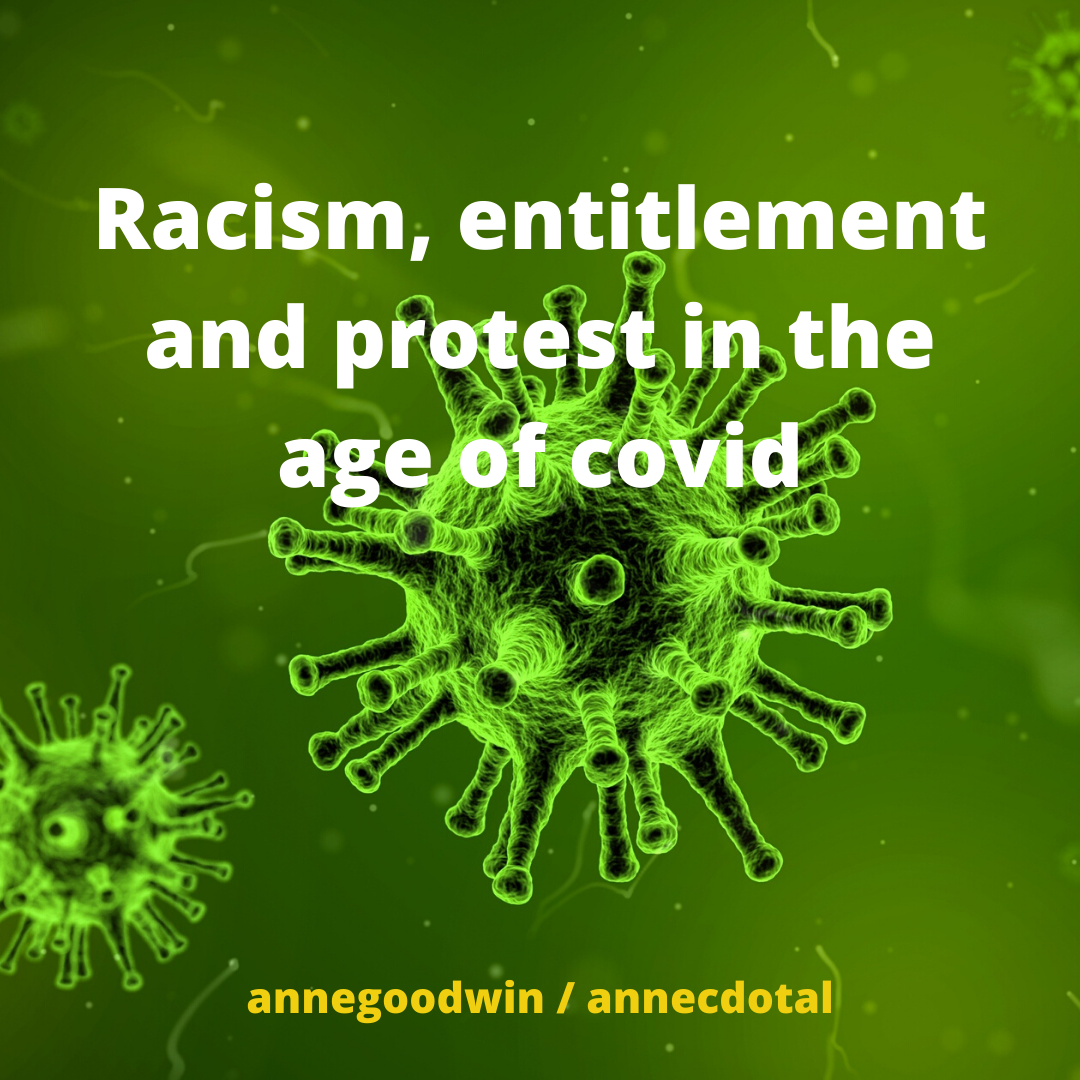

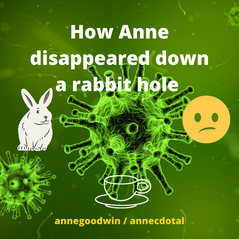
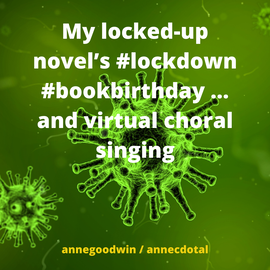
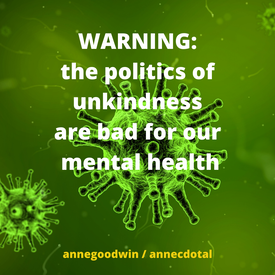
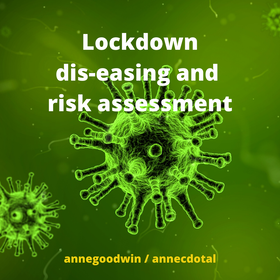

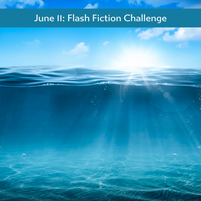





















 RSS Feed
RSS Feed





















